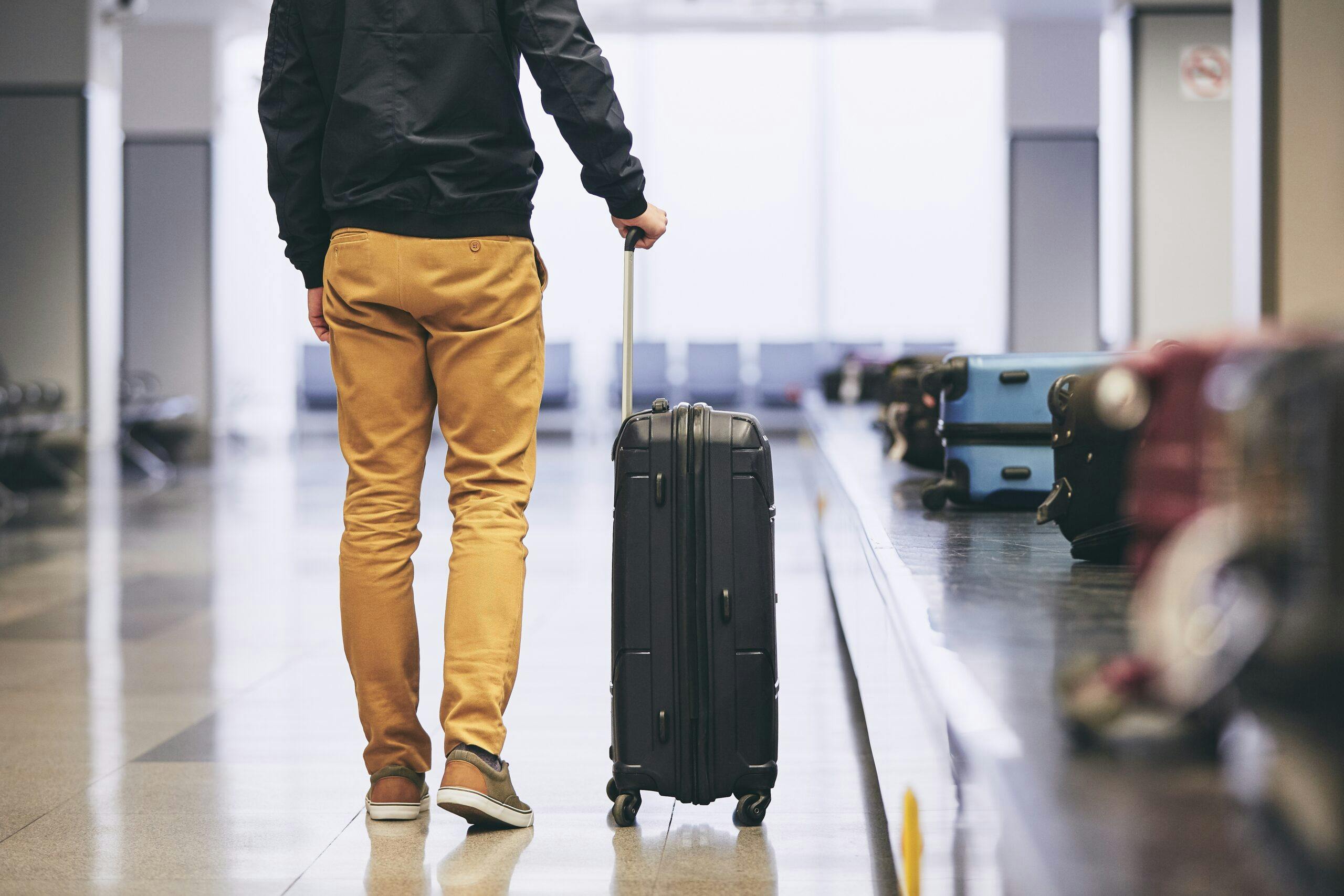Your Guide to Traveling with Your Family

Traveling with children can be difficult, as they are often restless and fidgety during a trip.

When traveling with a child with developmental disabilities, parents may feel a heightened sense of stress, anxiety and pressure. Children with developmental disabilities are not necessarily more difficult to deal with and to travel with, but they will have a different set of circumstances and factors to consider while traveling.
How to Ease Travel Pains
Whether you are traveling by air, land or sea, it is important to remember that the act of traveling may feel foreign for children with developmental disabilities, especially if they do not travel often. As their parent, you know your child the best and you are seasoned experts in their behavior. It is imperative to be able to recognize the signs of overstimulation, as that may result in a behavioral outburst that can make traveling more difficult. By recognizing the signs early, you can help prevent this outburst by redirecting their energy elsewhere. Whether they are mental or physical signs that they show, by simply paying close attention and observing their behavior, you may save yourself a lot of time and effort down the road avoiding an outburst.
If you are traveling with your child with developmental disabilities, it is always best to plan ahead, being proactive, for what could happen rather than being reactive when something happens. For example, as stated above, planning ahead of time to recognize the signs and symptoms of overstimulation can help you redirect their energy into a positive way.
However, one of the most imperative parts of preparation is making sure you have the proper resources in order to redirect their energy and their focus.
For example, if you know that your child may start to feel the pressure of take-off or touch-down during a flight, and he or she may start to get fussy, prepare your resources ahead of time in order to avoid the meltdown. Perhaps reading a book or watching a movie helps distract them, so having a book or a movie on hand may help mitigate any mental or physical challenges they may feel. Preparing for the worst and hoping for the best is one of the most helpful ways to take on traveling with your child.
How to Help Mitigate Difficulties
Another way to mitigate any difficulties while traveling is to talk to your child about what to expect. For example, if he or she may not be familiar with the TSA screening process, taking the time to explain it to them could help them know what to expect. Perhaps your child is a visual learner, so showing them visually what to expect during their travels could benefit you in the long run. Checking in with them to see how they are feeling about traveling could also help you narrow down what to explain to them, as it will give you a better indication of what he or she is feeling anxious about. By taking the time to explain to them what they can expect, hopefully he or she will feel more at ease during your travels.

Perhaps one of the best ways you can prepare for traveling with your child with developmental disabilities is to utilize the resources that are at your disposal. Whether your child suffers from a cognitive disability or a physical impairment, there are several accommodations that can be made in order to make traveling a more pleasant experience. For example, if your child is wheelchair bound, airline workers are likely to give you and your family extra time to board a plane and get settled, so that you do not feel rushed during the boarding process. If you are on a train, the workers and attendants will direct you to the nearest handicap or wheelchair accessible seating area on board. Although it can be uncomfortable at first, disclosing your child’s special needs to the people around you, especially the airline/train/boat workers, can help you gain special requests and resources to help make your travels easier.
If you are looking for additional ways to make your travels easier, hiring a caregiver can help you travel with ease.
A caregiver can either assist with travel plans or can stay behind to assist with your child while you are on a trip. You do not have to feel guilty leaving your child with disabilities with your loved ones, as a caregiver can be there to help with your child.
Having peace of mind has never been easier while you travel!
